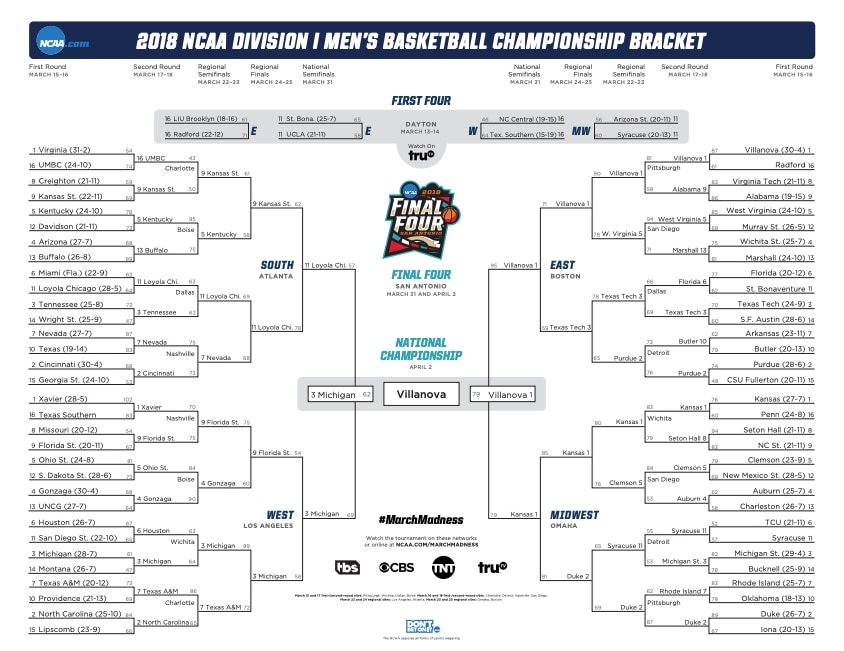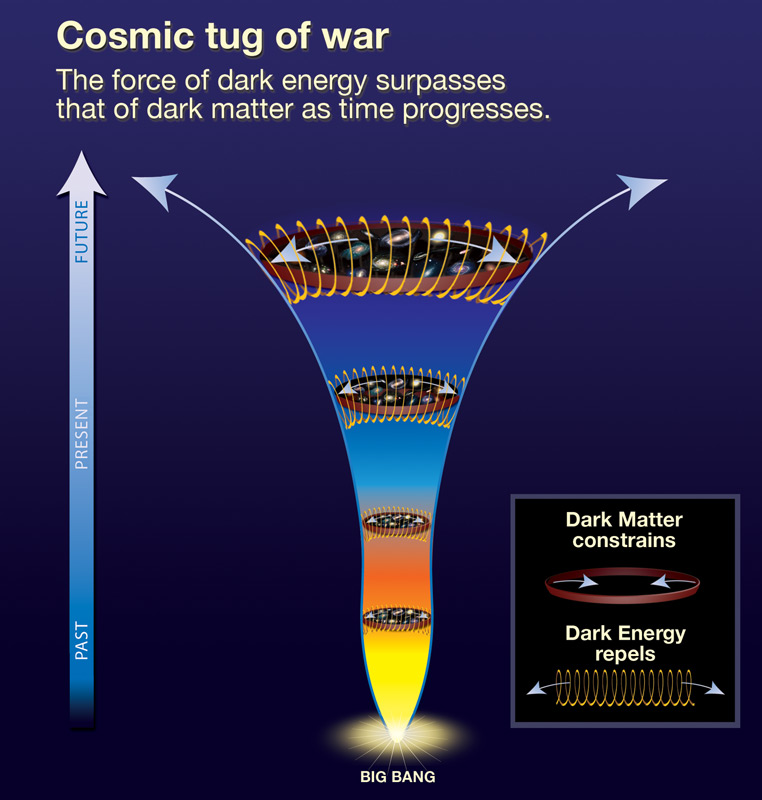Navigating NCAA bracket statistics can feel like deciphering a secret code, especially during the high-stakes excitement of NCAA March Madness. With millions of fans eagerly crafting their strategies, understanding the odds of an NCAA bracket is crucial for any sports enthusiast looking to improve their chances of success. The daunting task of completing a perfect NCAA bracket—where you predict the outcome of all 63 games without any errors—has probabilities that resemble winning the lottery rather than an achievable goal. Most participants are aiming for realistic outcomes; hence, adopting effective bracket pool strategies becomes essential. Whether you’re a seasoned bettor or just filling out your entry for fun, knowledge of these statistics will enhance your experience and possibly lead you to victory in your office pool.
When diving into the world of NCAA tournament predictions, the intricate world of bracket statistics plays a pivotal role in any sports fan’s approach. With the thrilling backdrop of March Madness, understanding the complex calculations behind a flawless bracket helps illuminate why achieving such a feat remains elusive for most. The odds of nailing every game correctly are astronomically against you, making effective bracket strategies a critical component for those participating in pool competitions. Instead of chasing that elusive perfect outcome, many fans focus on honing their skills in predicting NCAA brackets through informed choices, embracing the thrill of surprises while managing expectations. Engaging with these analytical aspects allows fans to enjoy the tournament while also improving their chances of success against the competition.
The Impossibility of a Perfect NCAA Bracket
When considering the odds of achieving a perfect NCAA bracket, it’s important to recognize just how astronomical those odds are. As noted by experts, the chance of correctly predicting every outcome in a 64-team tournament is approximately one in 18 quintillion. This staggering number illustrates why no one has conclusively documented a ‘perfect bracket’ in the history of the NCAA tournament. With each game representing a 50/50 chance, the cumulative probability of success becomes nearly zero due to the vast number of games played and the unpredictability inherent in sports.
In practice, predicting NCAA brackets entails much more than simply relying on luck. While top seeds often have a better chance of winning their first matchups, surprises and upsets are commonplace during the March Madness tournament. The unpredictability of college basketball, where lower-ranked teams can defeat higher-ranked ones, further complicates the quest for a perfect bracket. It’s crucial for fans and participants alike to consider these dynamics when attempting to navigate the tumultuous waters of NCAA March Madness.
Currently, as the tournament unfolds, it’s evident that no perfect brackets remain intact among public entries. This reflects the chaotic nature of the competition where predictions are continuously challenged by unexpected game outcomes and team performances. Hence, the pursuit of an immaculate NCAA bracket becomes a game of strategy as much as chance.
Even the experts concede that while statistical models and historical data can provide insights, they are not foolproof. Thus, it’s imperative to stay aware of changing team dynamics and matchups as the tournament progresses. In essence, crafting a winning bracket relies on a blend of statistical understanding and intuitive judgment. Those looking to participate in an office pool or bracket challenge should prepare to embrace the uncertainty inherent in the NCAA tournament.
Effective Strategies for NCAA Bracket Pools
Participating in an NCAA bracket pool is an exciting yet challenging endeavor. Success hinges on understanding the unique dynamics of your pool, including the number of competitors and their picking strategies. A successful bracket pool strategy often involves mingling safe picks with well-chosen upsets; simply choosing all favorites isn’t usually enough to stand out. In larger pools, selecting a few unexpected winners is essential to differentiate your bracket from your peers, given that many will likely gravitate toward the popular choices.
Researching team performance, injuries, and historical data can greatly enhance your predictive capabilities. For instance, examining how a team’s seed has historically performed allows participants to make more informed decisions. Pay attention to team matchups and potential Cinderella stories—teams that outperform expectations are often the key to advancing deep into the tournament. Integrating knowledge about ‘bracketology’ into your strategy can turn an average bracket into a competitive one.
Moreover, it’s crucial to strike a balance between calculated risk and conservative betting when predicting NCAA brackets. Favorable matchups between teams with significant discrepancies in skills suggest selecting the higher seed. However, recognizing when to roll the dice on an upset can set your bracket apart from the competition. As March Madness progresses, honing your understanding of these concepts can provide a strategic advantage.
Ultimately, using a combination of statistical analysis, historical context, and a willingness to embrace unpredictability can lead you toward success in your office pool. The excitement of the NCAA tournament lies in its unpredictability, and savvy bracket strategists can leverage this to their benefit in pursuit of a winning entry in their bracket pool.
Frequently Asked Questions
What are the odds of achieving a perfect NCAA bracket?
The odds of picking a perfect NCAA bracket are astronomically low, estimated at 1 in 2 to the power of 63, which equates to quintillions. This rarity makes achieving a perfect NCAA bracket almost impossible, often compared to winning the Powerball twice in a row.
How do I improve my chances of predicting NCAA brackets correctly?
To improve your chances of predicting NCAA brackets, analyze team performance, injuries, and past tournament outcomes. Identifying patterns in NCAA March Madness and considering both favorites and potential upsets are crucial to refining your bracket pool strategy.
Why is it so hard to create a perfect NCAA bracket?
Creating a perfect NCAA bracket is difficult due to the unpredictable nature of March Madness. Although top seeds often win in early rounds, upsets do happen, which can throw off predictions, making it essential to blend logic with strategic risk-taking in your bracket.
What strategies can I use in my bracket pool for NCAA March Madness?
In your bracket pool for NCAA March Madness, balance between picking top seeds and selecting strategic upsets is key. Familiarize yourself with each team’s stats, utilize bracket statistics, and differentiate your picks to enhance your chances against competitors.
Are there any resources for analyzing NCAA bracket statistics?
Yes, several resources provide NCAA bracket statistics, including sports analysis websites, statistical databases, and forums where experts discuss trends and strategies. Utilizing these tools can significantly enhance your ability to predict outcomes effectively.
What role do bracket statistics play in predicting NCAA tournament results?
Bracket statistics are vital in predicting NCAA tournament outcomes as they provide insight into team performances, matchups, and historical data. Understanding these statistics can help in making informed decisions when filling out your NCAA bracket.
| Key Points |
|---|
| The odds of picking a perfect NCAA bracket are extraordinarily low, approximately 1 in 9.2 quintillion, the same as winning the Powerball twice in a row. |
| No one has reported achieving a perfect bracket ever. |
| By the midpoint of the tournament, there will likely be no perfect brackets among all public entries. |
| The odds of winning are closer to flipping 47 coins rather than 63. |
| To succeed in an office pool, one must pick favorites while also predicting a few upsets. |
| It’s crucial to use available information to decide on matchups and avoid random guesses. |
Summary
NCAA bracket statistics reveal that the probability of selecting a perfect bracket is astronomically low, making it a monumental challenge for fans and statisticians alike. The complexity involves successful predictions across 63 games, where no one has yet reported achieving a perfect guess. As the tournament progresses, fans must develop strategies that not only favor the top teams but also anticipate potential upsets to make their mark in office pools. With informed decisions being critical, understanding NCAA bracket statistics can enhance one’s chances, even if perfection largely remains an unattainable goal.



